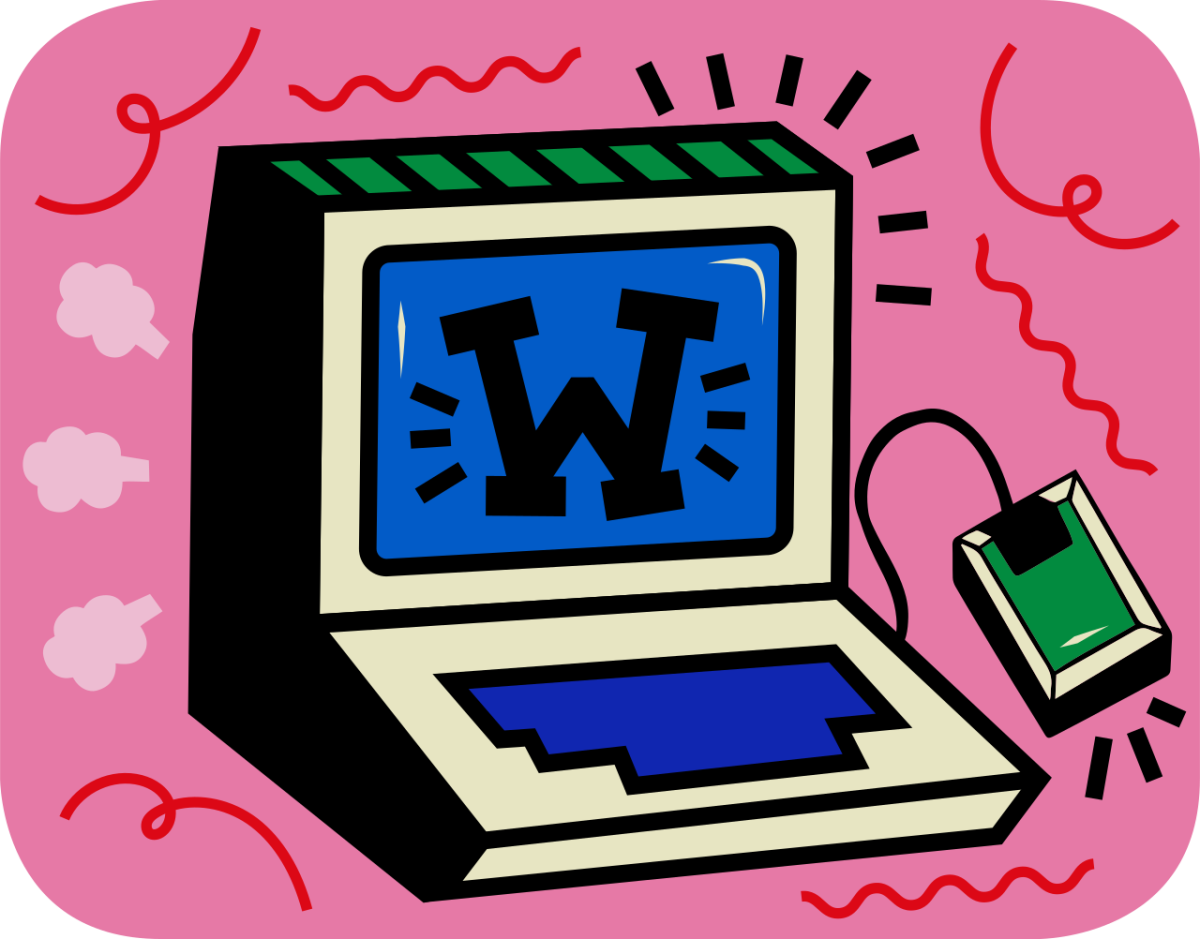To celebrate Wikipedia’s 22nd birthday on Sunday 15 January, the University of Leeds is sharing poems inspired by conversations between two poets, postgraduates in the Faculty of Biological Sciences, and staff in the Library and Digital Education Service:
- WikiWays: a Wikimedia poem by Matt Harvey takes a playful look at Wikipedia to encourage everyone to ‘share their knowledge’ through the Wikimedia suite of sites…‘not just Wikipedia, all Wikimedia’.
- Manifold Wonder: a Wikimedia a poem by Francesca Beard takes a metaphysical look at open knowledge and Wikimedia, ‘a database of shared ownership, made not for profit but to profit all’.
The poets were invited to contribute to a Wikimedia Champions project (funded by Research England) that is seeking to embrace Open Education as part of the University of Leeds Libraries ‘Knowledge for All’ 2030 strategy.
Hira Khan, one of the postgraduate researchers on the project, said: “This project is an amazing initiative and is a great starting point for me, as a scientist, to fulfil my responsibility in making science more accessible and understandable. The Wiki family is a much more regulated and robust source of information than I previously anticipated. I believe there is a heavy misconception on how Wiki is regulated and is usually referred to as an ‘untrustworthy source’. It was quite enlightening to see otherwise.”
Beth Soanes, another postgraduate researcher on the project researcher, commented: “Working on this Wikimedia project alongside my research has been a truly enriching experience… Going forward, I would like to continue to provide Wikimedia Commons with figures and schematics to aid articles in my area of interest… I will also continue to use Wikimedia as a resource myself, and hope to contribute to Wikidata in particular more and more throughout my career. I am especially interested in open accessibility in science, and see this as a new frontier in science communication.”
Wikipedia: the world’s largest free online encyclopaedia
Contributors to Wikipedia have sought to support free knowledge, open collaboration, and trust on the internet. In times when disinformation and polarisation have been challenging our trust in information and institutions, Wikipedia is as relevant as ever.
Today on Wikipedia, more than 55 million articles can be accessed in over 300 languages, for free, and without advertisements, all created by volunteers. During the COVID-19 pandemic, Wikipedia saw record-breaking increases in daily traffic with a growing community of medical professionals contributing knowledge about COVID-19 to the platform. Studies have shown that Wikipedia is one of the most-viewed sources for health information, and its role in providing trusted access to information about COVID-19 in the pandemic led to a milestone collaboration with the World Health Organization in October 2020.
“In a world where information is increasingly commoditised, Wikipedia’s model has always been based on the belief that knowledge belongs to all humans,” Wikipedia founder Jimmy Wales said. “Wikipedia forces us to step outside of our echo chambers and contend with what a shared understanding of the world could really look like. After all, a Wikipedia article is the same no matter who or where you are in the world, and if something isn’t right in the article, you can change it.”






